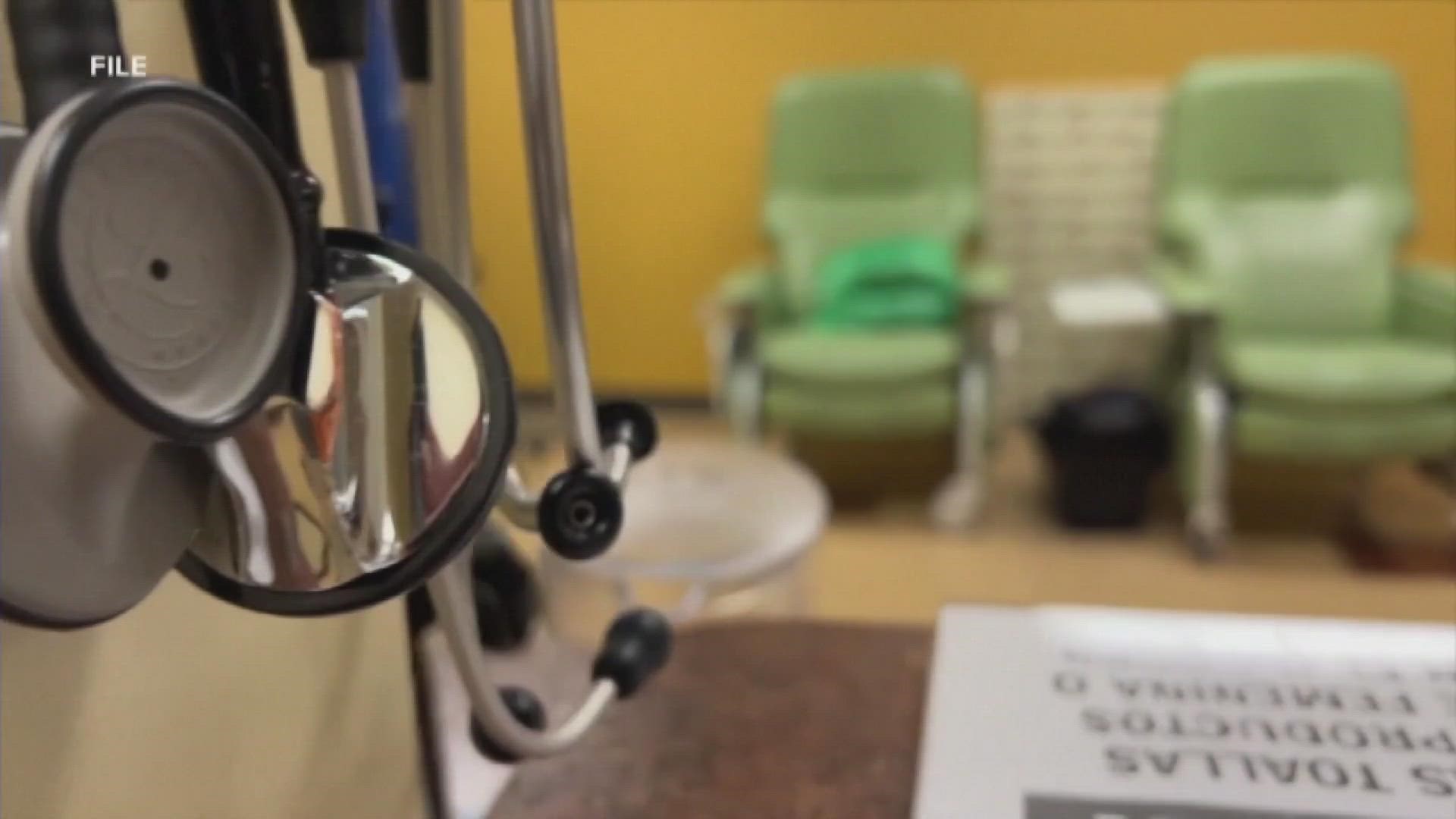NASHVILLE, Tenn. — The 113th General Assembly is underway in Tennessee, and as of Wednesday three bills were filed that would put legal protections in place for some cases where a pregnant person undergoes abortion treatments.
After the Roe v. Wade decision was overturned by the U.S. Supreme Court, the state's trigger law went into effect. The law made it a felony to give abortion treatments in the state, including in cases involving pregnancy from rape or incest.
The law does not try to punish women who receive abortion treatments. It also allowed abortion treatments if the mother's life would be at risk, but specifically excludes cases where a provider treats someone by giving them an abortion treatment because they could attempt to kill themselves.
One of the bills introduced this year would specify a difference between "elective abortion" treatments, and "medically necessary abortion" treatments.
Some of the most significant bills filed so far are listed below.
This bill, introduced by Senator Ken Yager (R - Kingston) would add language to the state code that differentiates between "elective abortion" treatments and "medically necessary abortion" treatments. It would also specifically make providing elective abortion treatments a felony while excluding medically necessary ones from the law.
The treatments would be considered medically necessary if they are performed by a licensed physician, and they determined that it was necessary to prevent the pregnant person's death, or to prevent a "serious risk of substantial and irreversible impairment of a major bodily function."
It also requires physicians to perform abortion treatments that give the best opportunity for a fetus to survive unless it would pose a greater risk of the patient dying or facing serious harm.
"This could be your wife, this could be your sister, it could be your daughter. It could be your grandchildren," said Senator Richard Briggs (R - Knoxville). "All we're trying to do is to save these women's lives. We're trying to preserve families."
It specifically excludes mental health reasons from being included in how a physician judges that risk.
"If an abortion is considered medically necessary, it won't be prosecuted as a crime. The problem is the law gives no direction to providers as to, 'What do you mean as medically necessary?'" said Chloe Akers, a criminal defense lawyer.
This bill was introduced by Senator Ferrell Haile (R - Gallatin) and would allow abortion treatments if a pregnancy is a result of rape, aggravated rape, especially aggravated rape, especially aggravated rape of a child or incest.
It would need to be done by a licensed physician and before the treatment, they would need to confirm that the pregnant person reported the crime to a law enforcement agency or rape crisis center.
It also specifically allows law enforcement to confirm reports of rape involving the patient. The bill would also make it a Class C felony, instead of Class D, to make a false report of rape. Victims could face three years in prison if law enforcement determines it was a false report.
The McNabb Center previously said sexual assault is one of the most under-reported crimes and estimated only around 31% of all sexual assaults are reported to the police.
"If a person is assaulted and a pregnancy is a result and there is an abortion, under this law, and a case goes to court, what happens if the defendant is found not guilty? That issue is not addressed anywhere in this bill," said Akers.
It also requires physicians to take a sample of embryonic or fetal tissue during the treatment to be preserved. It would need to be made available to the Tennessee Bureau of Investigation for use in an investigation.
"That bill is still a work in progress, but we are putting some very, very tight parameters about how a police report has to be filed. We don't want a woman who just wants to have an abortion to come in and say, 'I was raped,' and she can get it on demand," said Briggs. "What we really want to do is ascertain if there really was a crime committed against that woman."
The pregnant person would also need to be pregnant for under ten weeks if they're 12 years old or younger, or under eight weeks if they're 13 years old or older.
This bill was introduced by Senator London Lamar (D - Memphis) and would put legislation in the state code that restricts the state from acting to "deny, restrict, interfere with, or discriminate against a person's fundamental rights."
It would also criminalize any actions people take to prevent people from exercising rights to make decisions about reproductive health care, including whether to use contraceptive supplies or go through contraceptive procedures.
It would also specify that a pregnant person has a right to continue a pregnancy and give birth, or have an abortion treatment. The "Fundamental Right to Reproductive Health Care Act" would also put language into the state code saying "a fertilized egg, embryo, or fetus does not have independent or derivative rights under the laws of this state."
Neither Briggs nor Akers said they believed the bill would pass.

